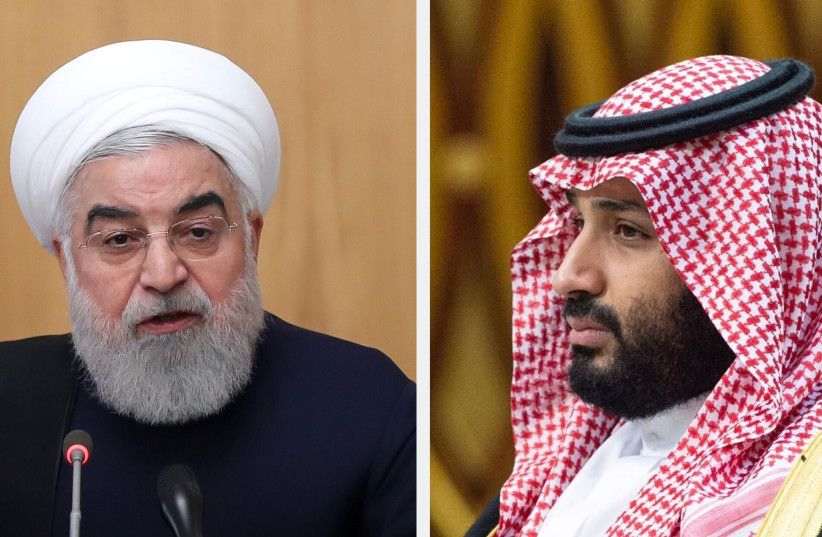The Palestinians have welcomed the decision by Iran and Saudi Arabia to re-establish diplomatic relations and reopen their embassies.
“The Palestinian Presidency appreciates the Chinese role that contributed to reaching the agreement,” the statement read. “We hope that the agreement will lead to stability and enhance the positive atmosphere in the region.”
Tayseer Khaled, a senior official with the PLO’s Democratic Front for the Liberation of Palestine (DFLP), welcomed the agreement and expressed hope that it would constitute “a major step towards addressing the economic, political and security challenges facing the Middle East.”
Khaled praised China for the “great achievement,” saying the agreement “deals a severe blow to the policy of hegemony pursued by successive US administrations and to the policy of the right-wing Israeli government.”

Bassam al-Salhi, secretary-general of the Palestinian People’s Party (formerly the Palestinian Communist Party) and member of the PLO Executive Committee, welcomed the agreement and said it was a sign of “changes” in the Middle East and the rest of the world.
Salhi called on the Palestinian leadership to “devise a joint strategy with China and Russia to face these tremendous changes.” He also urged the Palestinian leadership to stop relying on the US as an honest broker in the Israeli-Palestinian conflict.
Palestinian Islamic Jihad
The Iranian-backed Hamas and Palestinian Islamic Jihad (PIJ) organization also praised the agreement.
Khalil al-Haya, member of the Hamas political bureau, said the Saudi-Iranian agreement was an “important step towards uniting the ranks of the Muslim community.”
According to the Hamas official, the agreement will “strengthen security and understanding between Arab and Islamic countries and help achieve stability in the region.”
“This important step is in the interest of the Palestinian cause and supports the steadfastness of our people in the face of the occupation and its ongoing aggression against our land, people and holy sites,” Haya said in a statement.
PIJ, for its part, hailed the Saudi-Iranian agreement as “an important and big step in the right direction.”
In a statement, PIJ said that “de-escalating tensions in the region is in the interest of our region and serves the interests of the Arabs and Muslims.”
PIJ expressed hope that the agreement would have a “positive impact on the Palestinian cause and support the right of our people in their struggle and resistance to achieve their inalienable and historical and legitimate rights.”
